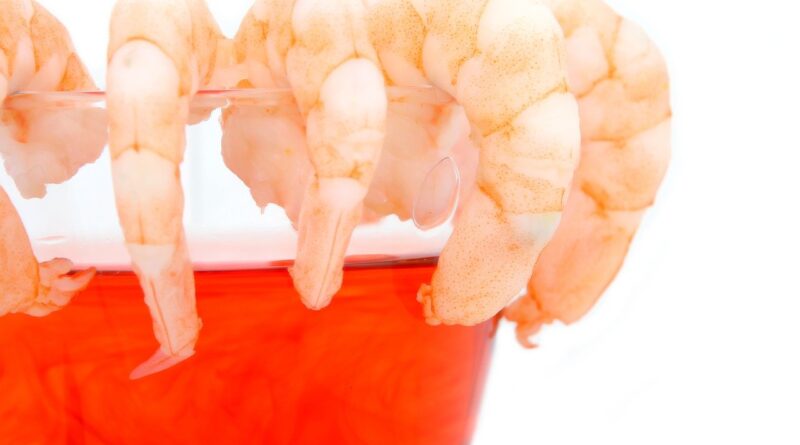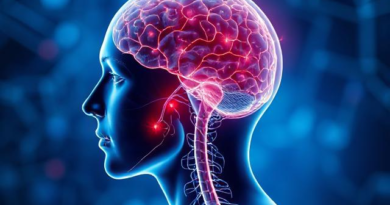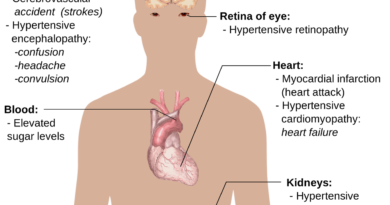Alcohol And The Diet
You would hesitate to throw more fuel on a fire that is already blazing fiercely. This is the unconscious attitude of an alcoholic toward food. His body is full of heat. Why should he eat and produce more? Furthermore, alcohol irritates the lining of his stomach and upsets its normal activities. He has no craving for food.
A period of starvation follows. The body tissues of an alcoholic suffer from want of food materials for growth and repair. Vitamins and minerals are also necessary for normal activities. Alcoholic beverages are very low or lacking entirely in these.
Alcoholic starve themselves during long periods of excessive drinking. During these fasts, the liver is drained of its stored food. This may lead to a dangerous condition, cirrhosis, or hardening, of the liver. During cirrhosis, the tissues of the liver change in form. At first, the liver enlarges. Then it shrinks in size and hardens. Alcohol isn’t the only cause of cirrhosis, but the condition is eight times as common in alcoholics as in other people.
An even more common liver change in alcoholics is fatty liver. The liver swells as fat replaces the foods normally stored there. This condition is found over 75 percent of alcoholics. The stomach is also affected by alcohol. During normal digestion, gastric juice containing acid pours from the stomach lining and acts on the food. Alcohol causes an abnormally large flow of this fluid with an increased acid content. The condition is made even worse when there is no food for the fluid to act on. The stomach lining is irritated and ulcers may result.
Vitamin Deficiency Among Alcoholics
For drinkers, alcohol diet is an important aspect of health. One out of five alcoholics develops serious disorders as a result of vitamin deficiencies, especially of the B complex vitamins. Lack of vitamin B1, or thiamine, causes beriberi. This condition is often accompanied by neuritis, in which the nerves become inflamed and degenerate. Thiamine deficiency is especially common among alcoholics for several reasons. Not only is the alcoholics often starved for foods containing this and other vitamins, but alcohol in the body may interfere with its normal absorption. Furthermore, thiamine is used in the burning of carbohydrate and alcohol in the tissues. Thus, the alcohol requires more thiamine than the normal person.
When vitamin P-P, another of B complex, is deficient in the body, a condition known as pellagra develops. Symptoms of this deficiency are spotty reddening of the skin, paralysis, emotional upset, and, in extreme cases, severe mental illness.
Is Alcohol A Stimulant?
A stimulant increases the activity of bodily functions. Have you ever heard someone say, “ a little alcohol sharpens my thought processes? I can think faster?” this is a false impression. The person who thinks he is sharper just isn’t worrying so much about how he’s getting along. Alcohol in the other hand a depressant. It diminishes the activity of the body functions. Among other things, it deadens nerves as an anesthetic does. It certainly doesn’t sharpen them.





Pingback: What Happens to the Body When You Stop Drinking Alcohol? - Medical & Health News Update| Health Orbit